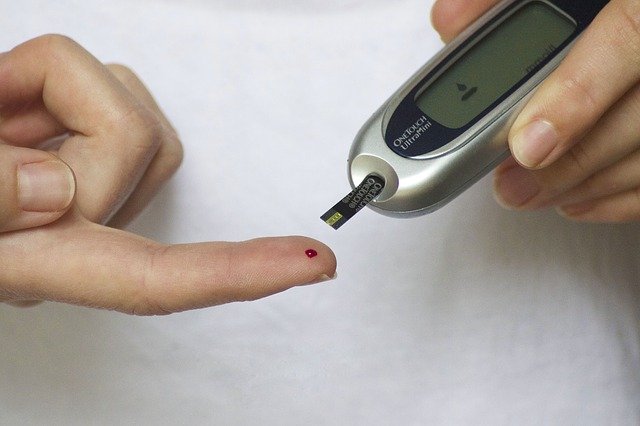
In a recent study, researchers find that people who are diagnosed with diabetes often show signs of chronic kidney disease (CKD) even before their diabetes diagnosis.
About 10% of the U.S. population (20 million people) have CKD. Diabetes is the leading cause of CKD and end-stage renal disease.
One-third of adults with diabetes have CKD. Other conditions that often co-occur with diabetes, such as cardiovascular disease, also raise the risk of kidney disease.
Currently, there is no cure for CKD, but treatment can delay its progression if it is detected early.
This study shows that patients could be suffering undiagnosed kidney damage even before they are aware that they have diabetes.
To assess the risk of kidney damage from undiagnosed diabetes, the researchers looked at data on 36,794 veterans who were diagnosed with diabetes between 2003 and 2013.
They found that 31.6% of these veterans had evidence of CKD prior to the diabetes diagnosis, based on estimated glomerular filtration rate (eGFR) and urine-albumin-creatine ratios, two common measures of kidney function.
In addition, veterans with higher age, hemoglobin A1C, blood pressure, and body mass index (BMI) also had a greater risk of CKD. All of these factors are risk factors for diabetes.
The results suggest that kidney damage often occurs before diabetes is diagnosed.
More screening of at-risk populations could lead to earlier identification of diabetes, which could in turn prevent organ damage.
A healthy lifestyle, good blood pressure and diabetes control, and avoidance of various harmful exposures, such as over-the-counter painkillers, can help delay CKD’s progression.
People with diabetes and those with cerebrovascular disease, congestive heart failure, or peripheral artery disease had higher kidney disease risk and should do the screening early.
The study was funded by VA and the University of Tennessee Health Science Center Institute for Research, Innovation, Synergy, and Health Equity.
Dr. Csaba Kovesdy, a researcher at the Memphis VA Medical Center, is one author on the study.
The study is published in the journal PLoS One.
Copyright © 2018 Knowridge Science Report. All rights reserved.
Source: PLoS One.



